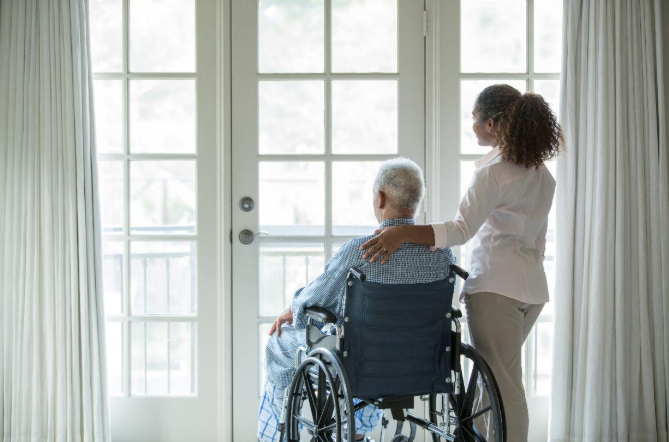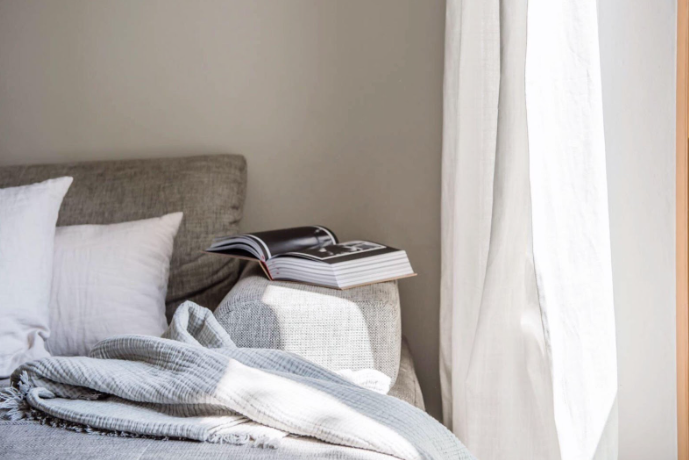
NDIS Specialist Disability Accommodation (SDA): Rules, Design Standards, and Pricing Arrangements
Understanding Specialist Disability Accommodation (SDA) Specialist Disability Accommodation (SDA) is a critical component of the National Disability Insurance Scheme (NDIS), designed to support individuals with extreme functional impairment or high support needs. SDA refers to housing designed to enable eligible participants to receive the necessary supports to live as independently as possible. The purpose of SDA is to provide housing that is accessible, sustainable, and tailored to the specific needs of people with significant disabilities. The NDIS SDA program transforms lives by enabling individuals with high support needs to live in purpose-built homes that foster independence, dignity, and a better quality of life. Who is Eligible for SDA? Eligibility for SDA is determined by the NDIS SDA eligibility criteria. Participants must demonstrate a need for specialist housing beyond what mainstream housing options can provide. Typically, eligibility is granted to individuals who:- Have an extreme functional impairment or very high support needs.
- Require housing that facilitates support services to enhance their independence.
- Have their need for SDA approved within their NDIS plan.
- Cannot be adequately supported in mainstream housing, even with home modifications or assistive technology.
- SDA Provider Registration: All SDA providers must be registered with the NDIS Quality and Safeguards Commission.
- Design Category Compliance: SDA properties must adhere to specific SDA Design Standards.
- Participant Choice: NDIS participants have the right to choose where they live and who they live with.
- Long-Term Tenancy Agreements: SDA participants must be offered secure and fair tenancy agreements.
- Funding Allocation: SDA funding is separate from funding for daily living support services.
- Improved Liveability
- Clear lines of sight and easy navigation.
- Good contrast for visibility.
- Assistive technology integration.
- Fully Accessible
- Step-free entrances and pathways.
- Wide doorways and circulation spaces.
- Reinforced walls for grab rails.
- High Physical Support
- Structural provisions for ceiling hoists.
- Backup power supply for assistive technology.
- Smart home automation.
- Robust
- Impact-resistant materials.
- Soundproofing.
- Secure windows and doors.
- Dwelling Type (e.g., apartments, townhouses, houses, group homes).
- SDA Design Category (Improved Liveability, Fully Accessible, High Physical Support, or Robust).
- Location (regional vs. metropolitan areas).
- Support Needs (higher support needs may attract additional funding).
- Access to safe, accessible, and purpose-built housing.
- Enhanced independence and quality of life.
- More choice and control over living arrangements.
- Stable long-term rental income for your investments.
- Empowering lives through your SDA housing investment.
- High demand for disability-friendly accommodation.






